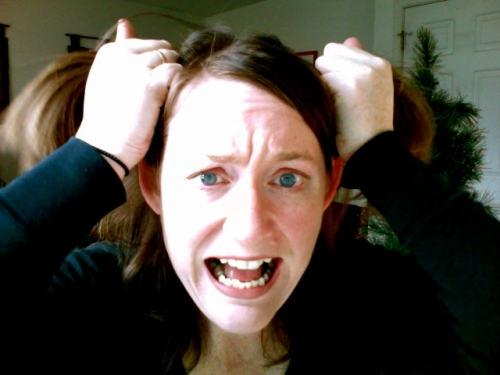I am interested in depth.
I was talking to a friend who was sad because she had wanted to spend all day with a close friend of hers, and then that friend booked herself so they’d only have a few hours instead. My friend was sad because this would mean they wouldn’t have a chance to go deep. “We’ll only just have gotten warmed up, and then she’ll have to go,” she said.
I had this conversation as I was planning my LA trip, and as a result I didn’t make as many social plans as I might otherwise have done. I wanted to allow time to relax, get comfortable, and potentially go deep. What I found bore this strategy out: the longer I spent with someone, the deeper we were able to go.

One reason I like Rainforest is because it encourages depth.
Perhaps this is particularly true of people who you don’t get to see in person all the time, but I found the first couple of hours was usually spent with general catching up, some small talk, and just kind of remembering what it was like to be together. Then the conversation would gradually deepen, circle around, come back again, deepen some more, repeat a few times. The longer the amount of time, the deeper we could go.
What do I mean by deep here? Just by seeing each other in the first place, my friends and I were strengthening our connection to each other. But depth is when you move beyond small talk, beyond what you’d say to more or less anybody. Depth is when there are no more pat answers. Depth is where surprises happen, and reveals. Depth is when we say things that are scary. Depth is when we really learn who the other person is, beyond their basic preferences and interests and obvious personality traits.
Depth is the experience of sharing what it is to be human, and what it is to be this specific human right now.
Just as depth takes a bunch of time to foster in any given interaction, it also takes time to develop in any given friendship. Perhaps if you meet someone in a particularly intense circumstance (Clarion, anybody?), you can move into depth more quickly than normal. But more often you’re acting on a mere feeling that depth might be possible here if you invest enough of yourself. Sometimes that feeling pays off, and sometimes it never does. To find out, you have to take time.
The people with whom I am closest all have this quality of depth. I never grow tired of hearing about their lives and what they’re thinking and feeling. When I’m in their presence, I feel something inside of me relax. Thank goodness we can be real together, I’m thinking. Thank goodness I don’t have to put on an act to make them comfortable.
Thank goodness we can love each other for who we are.








